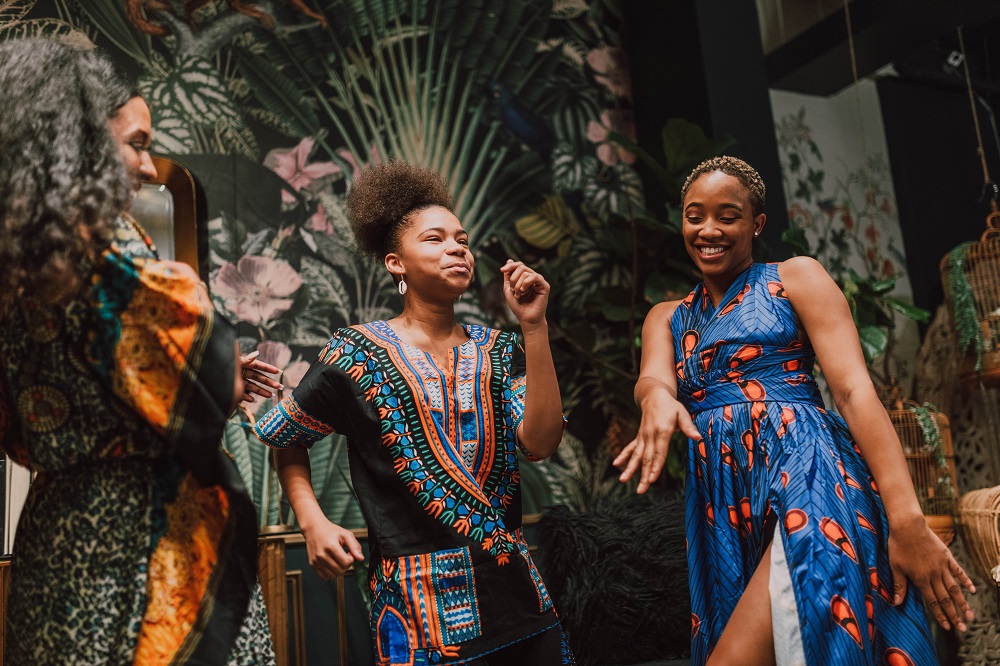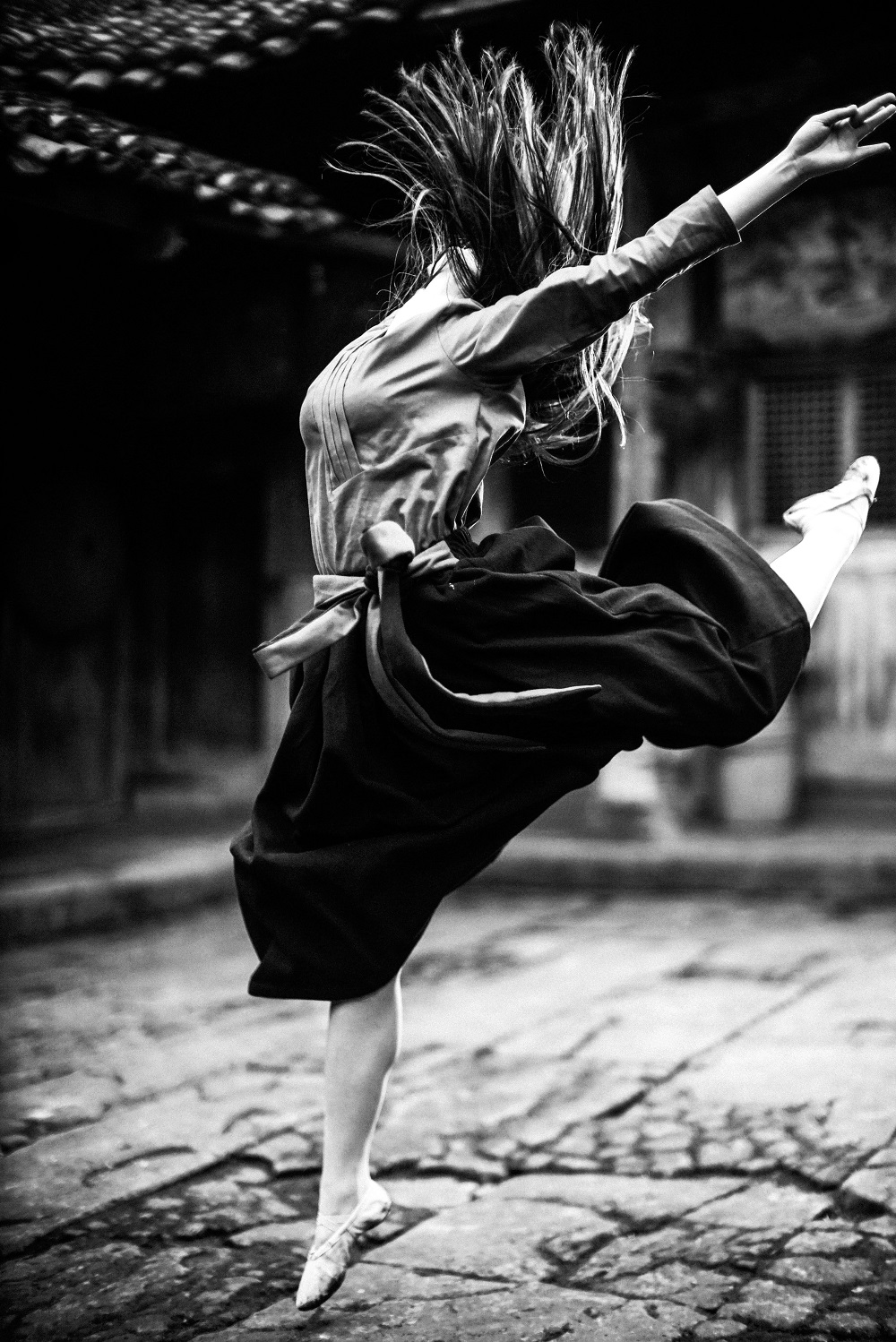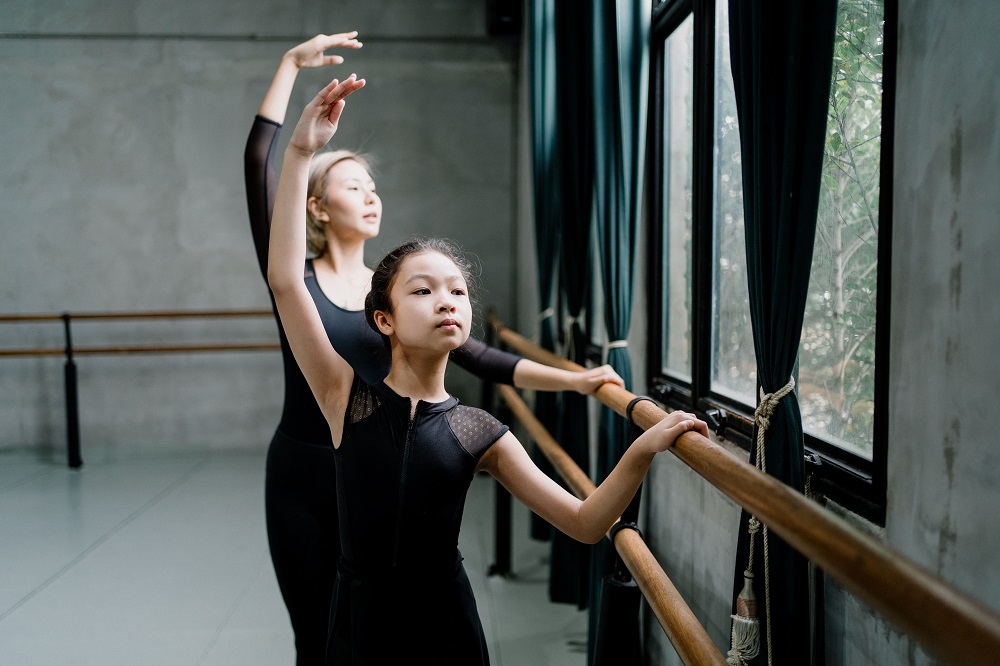By Priscilla Wiredu
Posted on August 26, 2021
Ballet has been seen as a predominantly eurocentric practice across the globe. When we hear the word ‘ballet,’ we might think of little white girls in pink tutus and white ballet shoes, dancing to Swan Lake or any other Christmastime tune.
Ballet Creole is determined to challenge those ideas and create a safe space for aspiring Black ballet dancers and creatives, catering to a multitude of different dance styles.
One of Canada’s first and most successful Black dance academies, Ballet Creole is a charitable organization that represents only the finest of traditional and contemporary dance from African and Caribbean cultures. Ballet Creole is set on creolization — embracing the enriched heritage of African and Caribbean cultures as they challenge European traditions.

History of Ballet Creole
Ballet Creole aims to showcase diversity in harmony on stage as well as in its community. Patrick Parsons, the Trinidadian-born founder of Ballet Creole, endeavoured to create a legacy in Canadian dance through both performance and educational programs.
Creole is a term meaning “native to the locals.” It refers to people born and raised in the Caribbean, and also refers to the Creole language, first developed by the African diaspora as a common form of communication among inhabitants from different cultural groups and communities.
Parsons, who already had a background as a dancer, choreographer, drummer and educator, with a Masters in Dance Ethnology set out to challenge the social ideas about ballet, establishing Ballet Creole in the summer of 1990. Ballet Creole emphasizes the disciplines of Afro-Caribbean dance and culture and shows the importance of traditional and contemporary dance while using music from around the world. With this unique framework, Parsons was able to create a strong and versatile dance company. By exploring the power of drums and rhythms, this form of ballet connects with audiences in a unique way and creates a dynamic forum for its professional dancers and artists. Ballet Creole consists of both professional dancers as well as a School of Performing Arts, welcoming aspiring dancers in Canada and abroad.
According to their mission statement, Ballet Creole is committed to:
- Preserving and perpetuating traditional and contemporary African culture, increasing the awareness of rich African culture
- Creating a dynamic new artistic tradition in Canada by fusing diverse dance and music traditions
- Promoting diversity and multicultural understanding through education and entertainment to a multitude of audiences
Types Of Programs
Ballet Creole offers many programs to those who are interested in seeing performances or being a part of the dance, be it a beginner class or wanting to hone one’s dancing skills. Here are some of the outreach programs that are offered:
Open Classes
As a result of COVID-19, professional drop-in classes have been moved online. Ballet Creole’s open classes allow people to gain skills and experience in diverse dance styles with Ballet Creole’s trained dancers and apprentices. Two classes run per day, and occur three days per week.
Advanced Dance Workshops
A monthly workshop explores the techniques of dance pioneer Katherine Dunham, the matriarch of Black dance. Advanced and Professional dancers are invited to join these classes as they are rare and practiced in Canada only. Workshops cost $25 each or $60 for all three workshops.
Registration is here. Schedules are subject to change.
Apprenticeship Professional Training
Ballet Creole’s Apprenticeship Professional Training Program is the only program that offers students unique styles designed to strengthen their overall performance and calls for a diverse range of dance. Tailored for emerging artists, Ballet Creole creates a space to help artists who aspire to be diverse in their movements and musical aesthetics, emphasizing African diaspora. It is set up in three approaches: Technique, Exploration and Application.
Technique
This class allows dancers to solidify the fundamentals in alignment and conditioning. Movement techniques and practices are designed to promote endurance, awareness, suppleness and precision in movement. These exercises intend to reduce injuries and excessive tension, awkward gestures and inadequate mobility. They incorporate anatomy lessons to provide students with practical knowledge for safe and effective body use.
Exploration
This class allows students to explore their inner nature and relationship to the world and other people through studying space, time, energy, gestures and emotion. Improvisations are used to guide experimentation in a variety of movements to explore the relationship of mind, body and spirit.

Application
While training with Ballet Creole Dance Company, students are given the opportunity to apply technical and explorative lessons through rehearsals. These “performance-driven” classes will integrate training into the process of rehearsing for professional performances.
Registration can be found here.
Community Programs
Community is the core of Ballet Creole’s mission. This ensures everyone gets a chance to explore this rare, unique form of dance. Ballet Creole offers multiple programs throughout the year for interested persons, including, but not limited to:
- Recreational classes for Children, Youth and Adults
- Afro-Caribbean Drumming Classes
- Children’s’ summer camps
- And many more

The latest updates for these classes can be found here.
Ode to Katherine “The Great” Dunham
Patrick Parsons continues to draw his inspiration from Katherine Dunham, whose studies in Africa and the Caribbean launched the dance technique of tying African and Caribbean traditional movement to classical ballet, making a cultural link between Africa and Canada.
Dunham passed away in 2006 and was recognized for her artistic talent. Dunham brought African and Caribbean influences to the eurocentric dance world. During the 1940s to 1960s, Dunham toured internationally and established the nation’s first self-serving all-Black modern dance group. She challenged discrimination and championed her talent by refusing to perform at segregated theatres. She won ten honorary doctorates, the Presidential Medal of the Arts, the Albert Schweitzer Prize, and membership in the French Legion of Honor, and other major honours from Brazil and Haiti.
The aptly named ‘Dunham technique’ is a modern dance technique rooted in African and Caribbean rhythms. The dance focuses on the isolation of an individual’s body parts, preparing for the execution of a poly-movement structure that resembles African dance and music. Dancers are trained to control various parts of their bodies, which further challenges them to showcase excellence through their dance. This dance style helps them prepare for a career in the professional dance world. Parsons is one of the few fully-qualified dancers of the Dunham technique in Canada, a cornerstone in Ballet Creole’s aesthetic.
Ballet Creole is a repertoire of Black dance and advances the Afro-Caribbean dance culture around the globe. For more information about upcoming performances or classes, please use the contact information below:
Website: https://balletcreole.org/
Executive & Artistic Director | Patrick Parson Patrick@balletcreole.org
Board Contact | Anna Di Costanzo Anna@balletcreole.org
Address:
1 Wiltshire Ave
Unit 124
Toronto, ON M6N 2V7
CANADA
Priscilla Wiredu is a writer for this year’s Black Voice project. An alumni of York University, she graduated with Honors where she studied Social Sciences. She then went on to get an Ontario Graduate certificate in Creative Writing from the Humber School for Writers, and a college certificate in Legal Office Administration at Seneca College. She is currently studying for the LSAT in hopes of going to law school. Her main goal as a Black Voices writer is to ensure Black issues and Black Pride are enunciated through her works.

